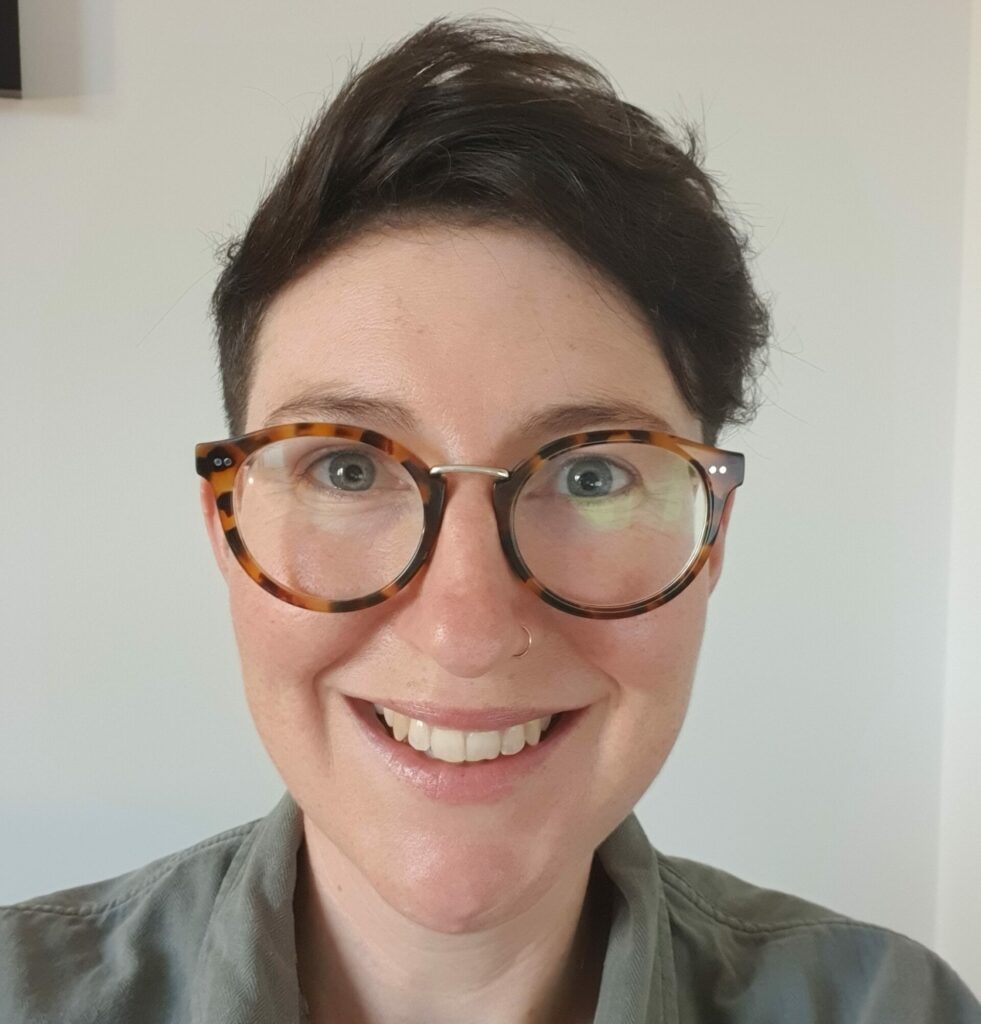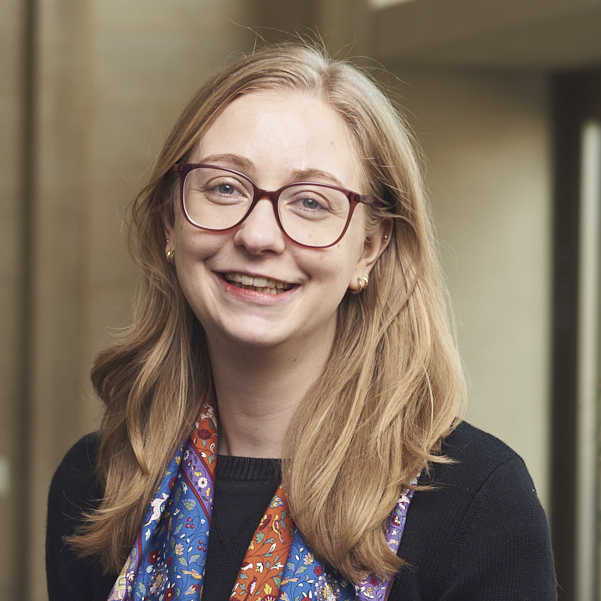Advancing healthcare improvement through the lens of equity, diversity and inclusion


Rewarding high-performing healthcare organisations in affluent areas can reinforce cycles of disadvantage. We need more research on a wide range of inequalities affecting access, experience and outcomes of care.
Here at THIS Institute, we wanted to award funded fellowships that would bring improvement knowledge to address challenges in healthcare services. After attracting a record number of high-quality applications in the call, we awarded three fellowships to researchers across universities in the UK to lead projects on equity, diversity, and inclusion in improvement efforts in healthcare.
What will those three fellows study? The projects address different aspects of equity and improvement, from how well the NHS supports staff with longstanding illness and disability, understanding why Black women make less use of prenatal genetic testing to studying lower levels of prevention advice given to people in more deprived areas.

Jennifer Remnant at the University of Strathclyde studies organisations and experiences of health at work through employee and stakeholder perceptions and perspectives and is researching how the NHS can better support staff with ongoing health conditions and disabilities in Scotland.
As ageing NHS workers are increasingly reporting long-term health illnesses, the need for effective policy for managing common and chronic conditions in the workplace has become critical. Jennifer’s fellowship project seeks to understand the management of long-term ill-health in the NHS Scotland workforce to help improve human resource support and retention and make evidence-based recommendations. She will analyse datasets, policies and informational guidance that advises management and support for staff with identified long-term conditions. Jennifer will conduct participant interviews and create ‘occupational biographies’ with staff about their experience of managing their health at work, and interviews with employment stakeholders.
This fellowship provides the opportunity to reflect on the work-based experiences of NHS staff as individuals, often managing their health conditions or symptoms rather than only managing patients’ health conditions. This project hopes to contribute to framing disability and ill-health in the health workforce as an important element of diversity and improve employment outcomes for NHS staff and patient experiences of healthcare.
Jennifer Remnant

How do Black mothers experience genetic screening and diagnosis during pregnancies? Michelle Peter, a social scientist at University College London, explores the views of Black expectant mothers and families who receive a prenatal diagnosis.
In this fellowship study, Michelle will work to understand the acceptability and accessibility of genetic testing at a pivotal stage in pregnancy. She will undertake a clinical audit of selected NHS Fetal Medicine Units and survey a range of participants to examine the offer and uptake of prenatal genetic testing. The findings will be used to develop information for parents, training for healthcare professionals, and materials to improve access to parent organisations for the Black community seeking support for their prenatal testing decisions. By better understanding the underrepresented attitudes and supporting the needs of these groups, the health inequalities in maternity services and the improvement of the inclusion of Black women in research can be addressed.
Not only do Black women in the UK have some of the worst maternal outcomes, but their voices are also rarely included in maternal research studies. This fellowship, exploring Black women’s attitudes towards prenatal testing, will help us understand their support needs and how to offer culturally sensitive care during this critical time in pregnancy.
Michelle Peter

At the University of Oxford, medical anthropologist Charlotte Albury seeks to understand and improve how primary care prevention advice is given to those living with long-term health conditions in socioeconomic deprivation.
Individuals living in socioeconomic deprivation are likely to have poorer health with multiple, long-term illnesses and may not receive appropriate or suitable prevention advice. Charlotte’s fellowship will examine how the advice given by healthcare professionals (such as GPs, nurses, pharmacists and others) to people experiencing chronic conditions in deprived environments to avoid illness and stay healthy. Starting with a review of recorded consultations from primary care where staff and patients discuss preventions, Charlotte will use conversational analysis to identify language patterns, work with patients, healthcare professionals and policymakers, and build an evidence base for effective communication strategies.
I am keen to understand how behaviour change communication can work better for people experiencing multiple long-term conditions, and this fellowship provides me with the opportunity to do so. I hope to support meaningful improvement efforts by transforming research funding from this fellowship into co-designed resources and guidance.
Charlotte Albury
With a range of perspectives and research expertise, THIS Institute’s fellows are tackling important uncertainties in what works to reduce inequities in healthcare. Beyond these projects, our fellows are future research leaders with a special interest in equity who will be driving the agenda to improve health and care in years to come.